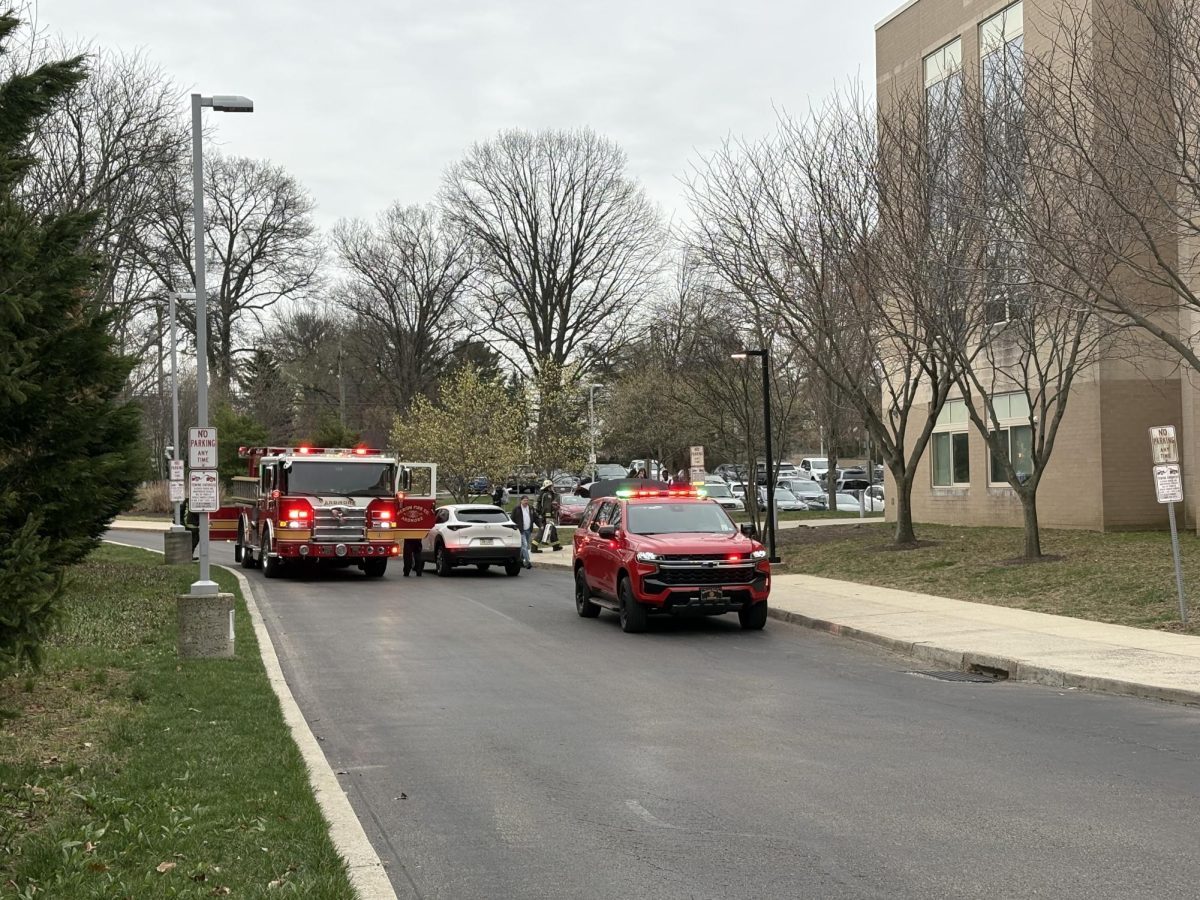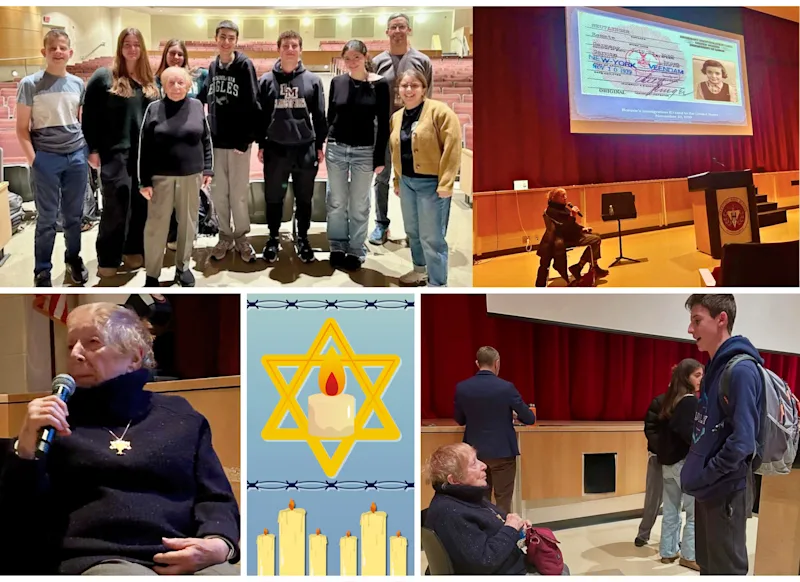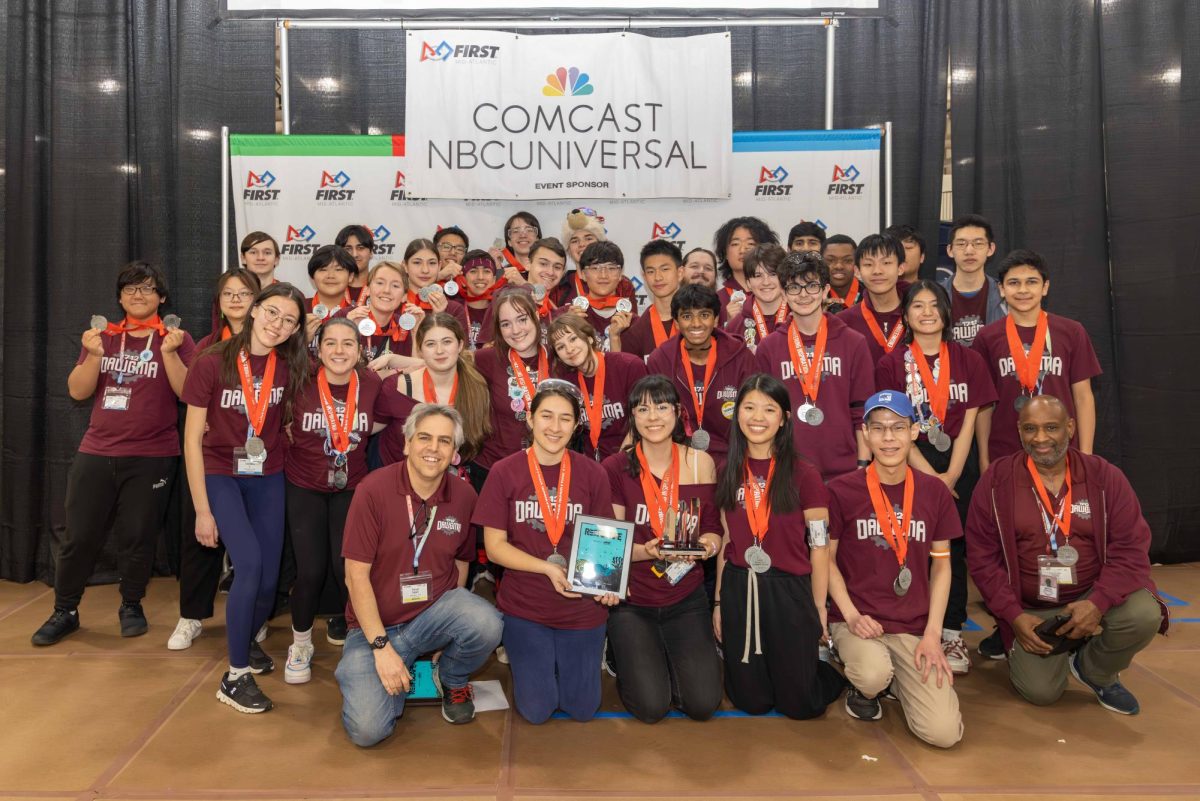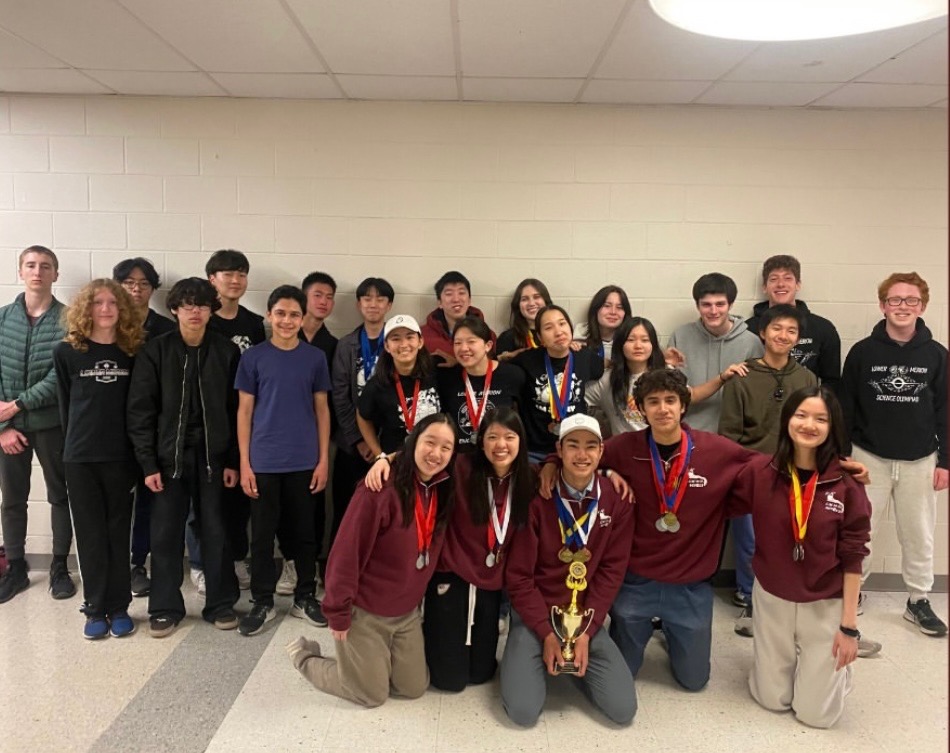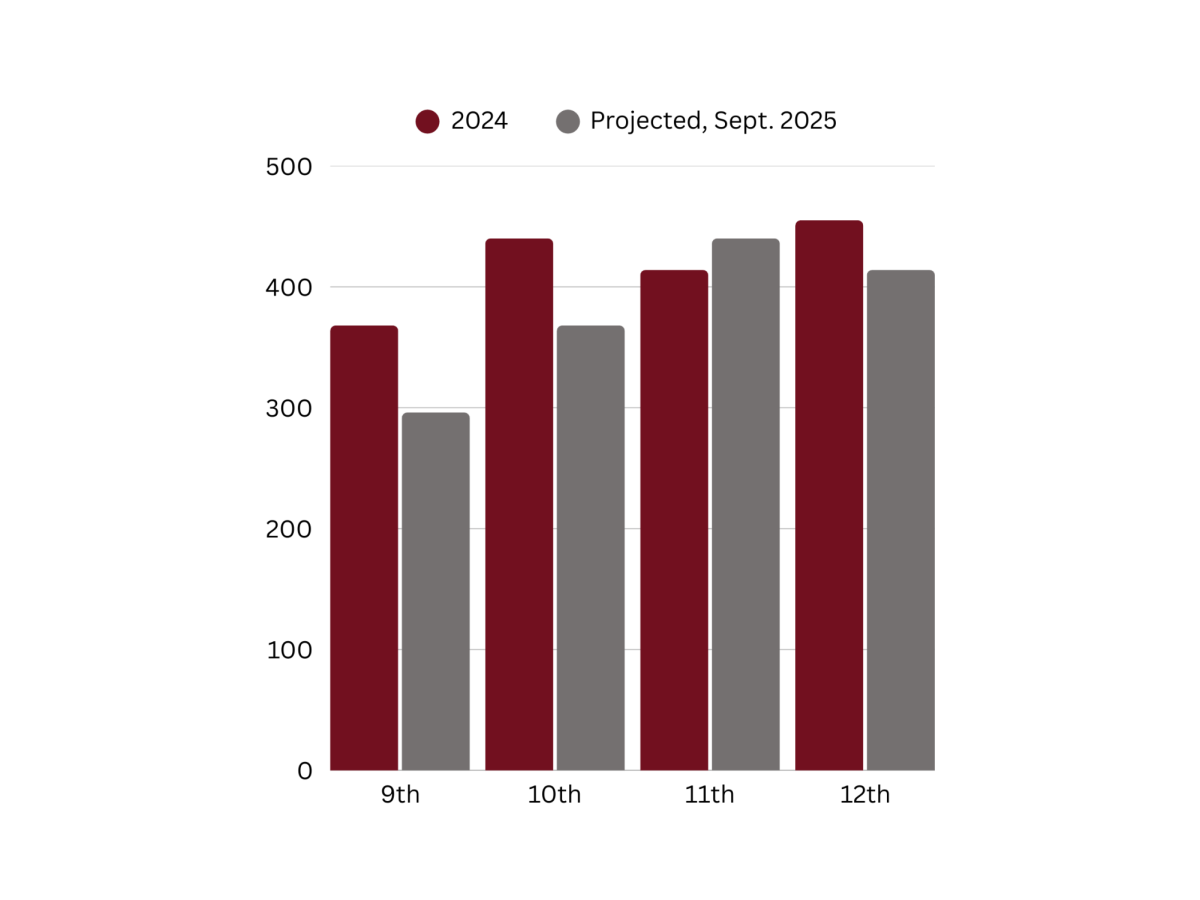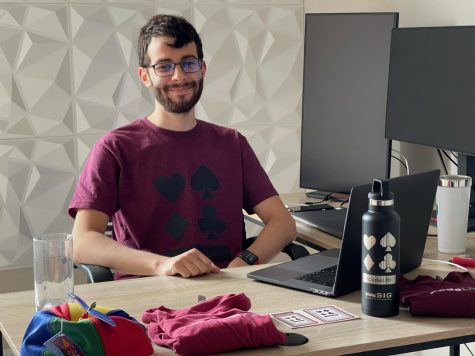
Every year, programmers from LM and neighboring schools anticipate competing in the coding competition, CodeLM. However, just as the pandemic has done with many other events, it could not be hosted in-person like in previous years. Therefore, the competition had to be adapted to fit an online setting, with students competing from the comfort of their homes. Despite the virtual format, the LM Computer Science Club was able to organize yet another memorable event for many to enjoy.
The brains of the operation was the combination of a hardworking student team, a dedicated LM alumnus, and two driven advisors. The question development, solution testing, and sample data creation was managed by an eight person team consisting of seniors Keene Brogan, Sam Hecht, Alex Zhang, Ben Warren, and juniors Jonathan Xu, Phillip Gao, Simon Roling and Chris Jarocha. Alumnus Noah Rubin ’17 also played a major role, as he personally designed the dashboard in which the participants competed. Finally, Computer Science teachers Tom Swope and Justin Mansor oversaw the team and facilitated the planning of LM.
The objective of the CodeLM competition is to score the most points by completing as many of the twelve programming problems that are presented. Students had the choice of working individually or in a team to complete these problems, and would receive a prize should they place in the top three of the intermediate, advanced, or expert division. Furthermore, to make the questions more interesting and engaging, the problems each incorporated a Casino Night theme. The questions ranged from calculating the best poker hand to sorting a deck of cards.
When the results came out, the Aces proved that they were dominant in programming. LM had a strong show, with placements in every division of difficulty. Freshman Joseph Cicalese, along with Harriton sophomores Thaddeus Kiker and Harold Mack, placed second in the intermediate division. In the advanced division, LM sophomores Ari Steinfeld, Andy Sun, and Mark Lancaster finished second. Finally, junior Jonathan Zhang and freshman Sasha Murray topped off this spectacular LM run with a third place finish in the expert division.
Planning and running the event had both its challenges and highlights. Xu describes some of the difficulties the team faced, recalling that “with the COVID-19 pandemic, we were unable to meet as a team in person for the most part, which added a new challenge in scheduling meeting times that worked for everyone and really keeping everyone on the same page.” The team also found that getting new club members was a challenging task, as it was difficult to engage everyone through Zoom meetings. Swope notes that, “A main goal of CodeLM is to help build community among students that are taking Computer Science courses here at LM. It was difficult to maintain this piece when much of our planning was done through Zoom.” Nonetheless, LM’s Computer Science Club was able to persevere through these challenges and create a groundbreaking event. “Ultimately, we were able to overcome the hurdles the pandemic presented with collective team effort and collaboration,” says Xu.
As for what the participants thought, most of the feedback was extremely positive. Some found the challenging aspect of the competition inviting and entertaining. One student responded by saying, “This was a very different and more difficult type of coding than what I’m used to, so I had lots of fun!” Many simply liked being able to work with their friends. A participant from all the way from Utah reflected on the event, stating, “I thought it was a very fun competition! Even putting all the prizes and stuff away, it was really fun to work with my friends to solve problems.” In general, the consensus for the event was that there should be another: ninety percent of the participants who responded to the feedback survey said they would compete in CodeLM again.
Although they saw a lot of success with CodeLM already, the team hopes to expand its reach even further next year. Swope expresses his enthusiasm by saying, “I’m excited about being in person again and to get more students involved in the planning process.” CodeLM has attracted students from many schools, counties, and states. With the positive feedback, the word about CodeLM will continue to reach more and more people. Needless to say, the future of this competition looks very promising.


